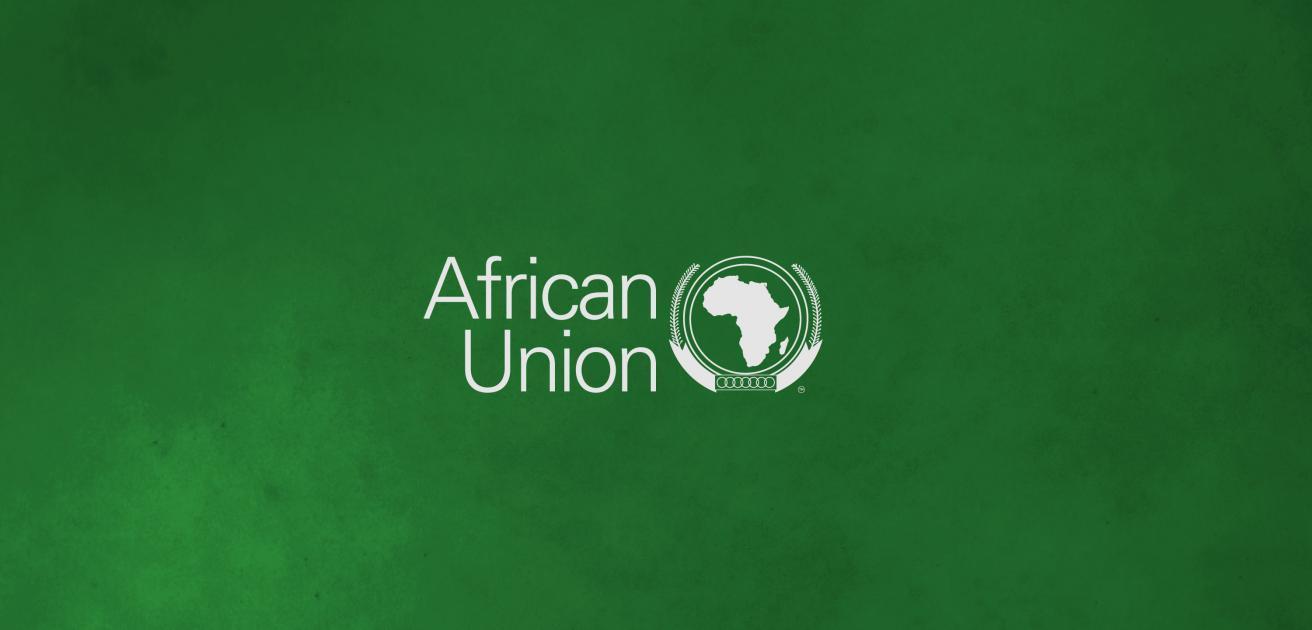Department Resources
June 18, 2021
The electricity sector in Africa still faces huge challenges that include low capacity factors and reserve margins, high transmission and
June 18, 2021
The significance of an integrated energy market has been highlighted by the World Energy Council (2005), which indicated that the traditi
September 19, 2020
The African Union Commission (AUC) envisions “an integrated continent that is politically united based on the ideals of Pan Africanism an
June 24, 2020
Highlights of the cooperation with the GIZ-project “Support to the African Union on Migration and Displacement”
June 24, 2020
Violent extremism is a global issue.
February 16, 2025
February 15, 2025
February 10, 2022
Agenda 2063 is Africa’s development blueprint to achieve inclusive and sustainable socio-economic development over a 50-year period.
February 14, 2025
February 13, 2025




